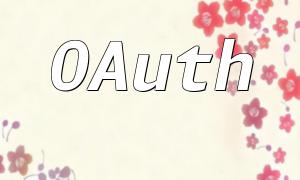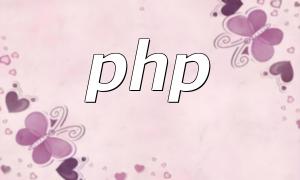Polymorphism is a core concept in object-oriented programming, referring to different objects responding differently to the same method call. In PHP, polymorphism can be implemented flexibly through inheritance and method overriding, making the code cleaner and more efficient.
Inheritance is the foundation of polymorphism. It allows a subclass to inherit properties and methods from a parent class, while also enabling the subclass to override parent methods to provide different behaviors.
Method overriding is key to achieving polymorphism. By redefining a method from the parent class in the subclass, objects can respond differently based on their actual types.
Define a simple parent class Animal with a method sound that returns the animal’s sound:
class Animal {
protected $name;
public function __construct($name) {
$this->name = $name;
}
public function sound() {
return "I am an animal.";
}
}Create two subclasses Cat and Dog that extend Animal and override the sound method:
class Cat extends Animal {
public function sound() {
return "Meow!";
}
}
class Dog extends Animal {
public function sound() {
return "Woof!";
}
}Store different animal instances in an array and iterate through it to call the sound method, demonstrating polymorphism:
$animals = [
new Cat("Tom"),
new Dog("Max")
];
foreach ($animals as $animal) {
echo $animal->sound() . "<br>";
}Output result:
Meow!
Woof!
Polymorphism makes code more flexible and extensible. When adding new functionality, you don’t need to modify existing code, just create new subclasses and override the necessary methods.
For example, you can add an eat method to the Animal class and implement different behaviors in subclasses:
class Cat extends Animal {
public function eat() {
return "I am eating a fish.";
}
}
class Dog extends Animal {
public function eat() {
return "I am eating a bone.";
}
}This way, each subclass can have its own implementation of eat without affecting the existing class structure.
Polymorphism is an essential feature of PHP object-oriented programming. By using inheritance and method overriding, different objects can respond differently to the same message, enhancing code flexibility and scalability, which helps manage changing requirements and maintain code effectively.









